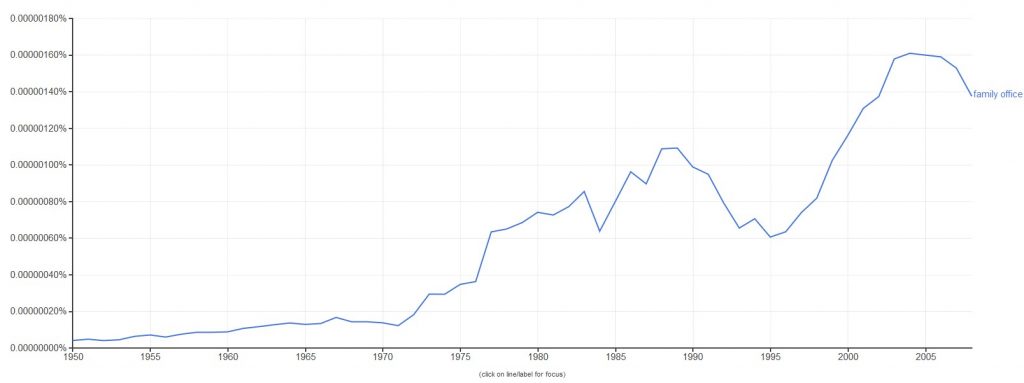
“The beginning of wisdom is the definition of terms.”
Socrates
At a recent family dinner, I had the distinct joy of introducing my children to the Abbott and Costello routine of “Who’s On First.” My eldest, who loves to read and a good pun, was near crying from laughter as the act unfolded. There is something wonderful about the simple way in which words and their meaning can lead to confusion.
The financial world is filled with similar examples. Take for example the term ‘financial adviser.’ While sounding somewhat innocuous, the term covers a whole host of possible services and compensation models. In fact, some of recent proposed regulatory reform attempts to clarify the precise meaning of a financial adviser relative to another industry term, investment adviser.
The term “family office” is another of these nebulous terms. While we have covered in our three part series on the What, How, and Why of family offices, the typical services delivered and reasons that a family may choose to form a family office. Today, I thought it useful to look at typical ways the broader industry refers to the term ‘family office.’
No doubt about it, family offices are in vogue. Figure 1 below charts the occurrence of the phrase in print media since the 1950s. As you can see, interest has grown significantly over time, and especially since the mid-1980s.
Figure 1 – Use of the term “Family Office” in Media

Source: Google ngram viewer
Today, it is a common enough term but depending on who is using it, may have vastly different meanings. There are three common meanings in use to describe a ‘family office.’ Note at the outset that each meaning is not better or worse than the another. Instead, it is important to understand the meaning when the term is used so you are making an apples to apples comparison. Let’s walk through each of the three briefly.
First, family office is often used to refer to higher touch services being offered to the wealthy clients of an existing brokerage firm, accounting practice, trust company etc. Common services may include bill paying, concierge (travel arrangements, dining, entertainment), tax return preparation, etc. The common point here is that the firm has expanded its customary offerings to deliver greater integration of services and potential greater value for its wealthiest clients.
The second most common usage of the term is when a family office is referred to as a type of investment entity. Common examples include the retiring CEO of a public company who decides to establish a family office to invest in new ventures. Or consider as well, a family that establishes a family office in order to buy additional businesses beyond their core operating business. The key distinction in this usage is that a family office is being referred to as a potential source of investment capital – much the same as a private equity fund, university endowment or a pension fund.
The final most common usage of the term refers to what we would call a ‘legacy family office.’ In this instance, the family office is created for the perpetuation and sustainment of the founding family. While it may include the higher touch services of term 1, and potentially as well, the investment acumen of type 2, ultimately this family office is working with the family to help it marshal all forms of its Five Capitals (see our last post here) in order to see the family develop and flourish over time.
Again, each of these meanings of family office – high touch services, sophisticated investment operation, or family entity – is neither good, nor bad in and of itself. Instead, it is important to make sure when you hear the term family office mentioned that the meaning intended by the speaker does in fact align with your desired understanding of the term.
———
About the Author
David Wells is the Founder and CEO of Family Capital Strategy, a strategy consultancy based in Nashville, TN. We help families stay invested together by collaborating with them to build world-class family offices. We provide objective, conflict free advice in a strategic, customized and multi-generational manner.
